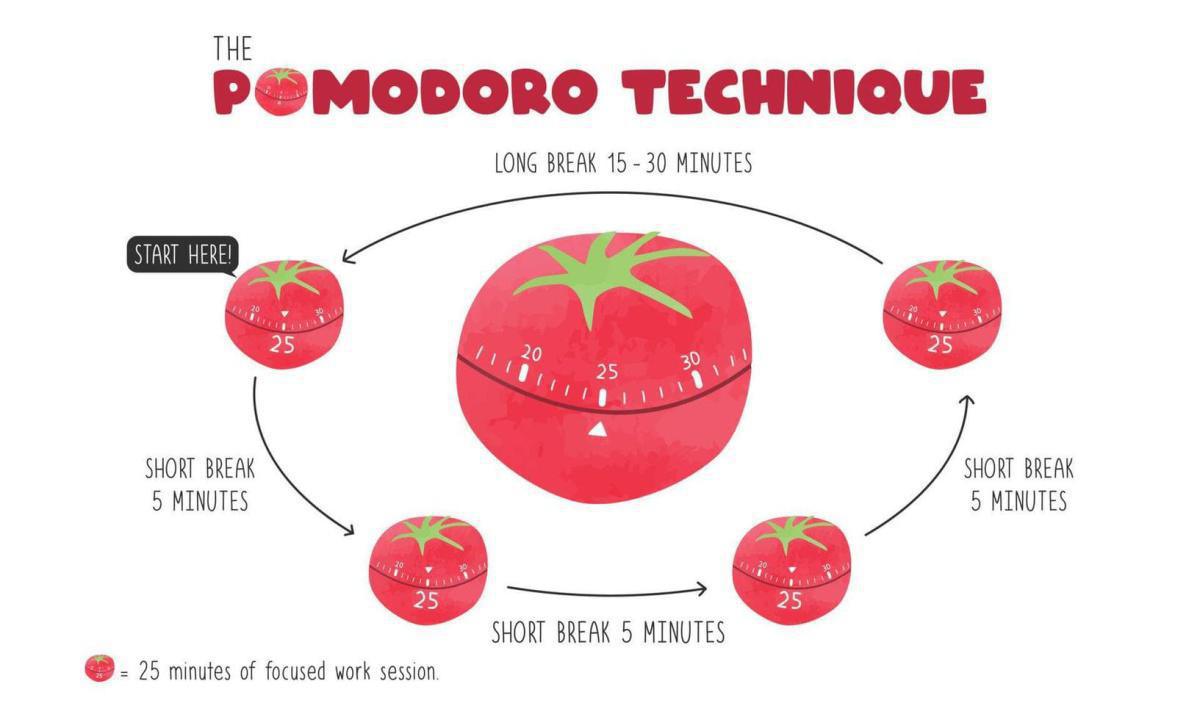How to not just survive, but thrive, midterms at Farrell
Pictured Above: A student takes time out of their day for extra study time in the Learning Commons.
Midterms are approaching for Monsignor Farrell students and it's time to get into study mode. Here are some tips for preparing for exams, and hopefully some new ideas that can help you study effectively and sharpen your study skills. So, let's get you started.
1. Create a study plan - Get organized with a detailed plan, dedicate specific times of the day to when you will study; you may not always be able to stick to these exact times, but when you have something written down and pre planned, you're more likely to follow through with it. In the end, you will most likely get more studying done if you have a schedule and plan to follow.
2. Find your Space - Your study environment matters, limiting outside distractions helps you to stay focused, so find a space for yourself that is quiet, but that has good lighting, so you don't wind up falling asleep.
3. Start Early - Don't wait until a week before the exams to begin studying, cramming a lot of work together in a short amount of time is stressful, and it's not the most effective method of studying.
Pictured above: Cramming before an exam is not the most beneficial method of studying. Give yourself plenty of time prior to the exam to study materials. (Credit: Imuaonline.org)
4. Focus - Studying while checking social media or text messages is not going to work. Try separating your fun time from your study time. Set goals for yourself by setting time limits. For example, 45 minutes of focused work is much more effective than 3 hours of half focused work.
5. The Pomodoro Technique - This is a time management method that was developed by Francesco Cirillo in the late 1980s where tasks can be broken down into short time intervals. First, choose your task. Then set a timer to 25-30 minutes and use that time to study.
Once the timer goes off, take a break, stretch, get a glass of water, and then repeat. Each study interval is called a "pomodoro," which is the Italian word for tomato, and it is named after the tomato-shaped kitchen timer that Cirillo used when he was studying as a university student.
Of course, you don’t need to use an actual tomato timer; the timer on your phone should do the trick.
6. Productive Procrastinating - Unlike unproductive procrastinating that can easily distract you (checking texts and social media). Productive procrastinating would be doing something that’s helpful to your goal, like getting up and stretching or exercising, this can give you a minute to "get away" and do something positive for yourself that can reset your mood to study.
7. Create Flashcards - Testing yourself with flashcards and quizzes can be very effective because it forces you to actively retrieve knowledge, and that updates and strengthens your memory. If you don't remember all the answers don't worry, making mistakes and searching for the correct answers can improve learning in the long term.
8. Identify Weaknesses - Everyone has strengths and weaknesses. When you're studying, give more time and attention to the areas that you think need the most improvement. It's easy to want to hang on to the things that you know, but putting more time and energy into the topics that you're not sure about will help you have better outcomes on the exams.
Pictured Above: Farrell students gather in the Learning Commons for a review and study session in preparations for midterms.
9. Form a Study Group - It may not be for everyone, but forming a study group can be a useful tool. When you gather a group together, however, just be sure that studying is the goal! Because if not, it can easily turn into a social hour. So, if you feel you can stay focused as a group, find a place to meet and decide which topics to cover.
10. Don't Stress - This is easier said than done, but try your best not to stress. Once you’ve put the work in, trust that you have done the best that you can to prepare and stay calm. Get a good night's sleep the night before, have breakfast the morning of your exams, take a deep breath, and try your best!
From everyone at The Lion, good luck to all Farrell students on their midterms!





